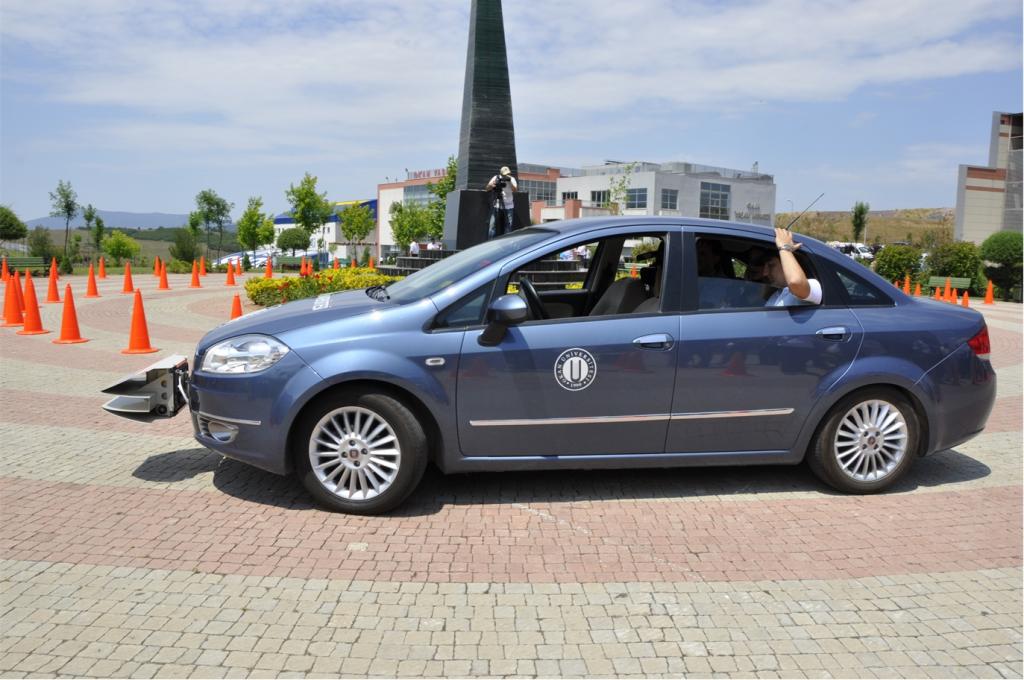
The automotive industry, in general, does research and development on automotive topics, in particular, on topics influenced by two major factors. The first factor is steady improvement in information technology. With the aid of nanotechnology, microelectronics, communication and software techniques, vehicles are now equipped with various computerized driver aid facilities. These aids cover ESP (electronic stability program), night vision aid, cruise control, navigation, active suspension control, passenger and pedestrian safety measures, and even drowsy driver detection. Recently, research and development has been concentrating on V2V (vehicle to vehicle) communication, V2I (vehicle to infrastructure) and more autonomous actions of vehicles.
The second factor affecting the automotive industry is growing anxiety over greenhouse gas emissions and global warming. It is known that research and development on electric and hybrid electric vehicles has been going on for some time and only few commercial applications exist. However, recently more announcements occurred towards the commercialization of electric vehicles. It is expected that this trend will continue and more full electric and/or plug in hybrids will be on the road in the foreseeable future.
The objective of the Transportation Technologies and Intelligent Automotive Systems Application and Research Center (TTIS) is to develop the academic and technological knowledge required by the Turkish automotive industry, automotive subsidiary industry and public by doing foresight studies on future transportation systems and vehicles that work on clean energy, intelligent vehicles, intelligent transportation systems, unmanned vehicles, robots and robot groups and their modeling, simulation, design and realization.
To reach this objective TTIS performs the following activities:
a) Perform or contribute in research and development in the areas of intelligent vehicles, intelligent transportation systems, other unmanned vehicles, robots, robot groups, advanced automotive technologies, electric transportation technologies, fuel cells, vehicle technologies that use solar cells and similar clean and renewable energies, development and application of complicated simulation and virtual environments,
b) Performing foresight activities by following academic and technological activities and examining tendencies to determine future technologies in areas that concern TTIS,
c) To cooperate with, organize common activities with, prepare application and research projects, generate resources for these projects and apply and/or follow these projects with national and international public and private organizations that perform activities in topics in the areas that concern TTIS,
d) To organize occupational education programs in the quickly changing and renewing areas of transportation technologies and intelligent systems, and in this context to educate the employees of the automotive industry and automotive subsidiary industry and public and private organizations,
e) To develop a library, electronic information bank, and archive for research in the areas that concern TTIS, to join national and international information webs or develop a new one if necessary, prepare periodicals or books in topics in the areas that concern TTIS,
f) To encourage masters and doctorate study, cooperate with the Science Institute to open programs in topics in the areas that concern TTIS.
Prof. Ramazan Nejat Tuncay
Center Director